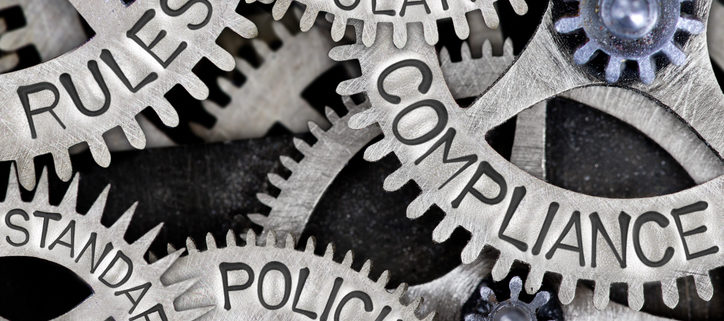How Not to Create Corporate Trust
In the past few weeks, one Southwest Airlines flight suffered the first US airline casualty in a decade, while another flight had to be diverted when a window ruptured. While there have been some notable exceptions, I think it’s fair to say that the media and public response has been pretty much crickets.
By contrast, imagine what the public and media reaction would have been had the airline in question been United. This despite the fact that the airlines are indistinguishably safe.
Question: Why does Southwest get a pass, where United probably wouldn’t?
Follow-up Question: How do you get your company to be perceived like Southwest?
I’m going to suggest a simple, unverifiable assertion: we trust Southwest more than we trust United. But what does that mean, and how can a company create corporate trust?
Where Not to Look
Don’t look to crisis management experts or plans. Don’t look to branding, or to reputation management. These are all second-derivative measures, aimed at direct manipulation of perceptions, rather than at fundamental first order causes. (And for heaven’s sake, don’t look to regulations and compliance).
You could say it’s all about corporate culture, and you’d not be wrong – it’s been said that Southwest’s culture is what creates our trust in the company. Or you could point out that Southwest continually ranks first in customer experience.
But culture is too vacuous a concept for serious managerial intervention. Culture is the end result of doing a whole lot of other things. You can’t act directly on culture, it’s a byproduct.
Customer service, while closer to tangible, is still the result of a thousand little things. How do you get a company to do those thousand things, and do them right?
Again, I think the answers come into focus when we reframe the question: How does one create a trusted company?
TrustProofing Your Company
Another assertion: most trust is at root personal. Robert Putnam talks about “thick” and “thin” trust, the first applying to close relationships, the second to indirect or reputational relationships. Corporate relationships are even ‘thinner.’ Tip O’Neill famously said, “All politics is local.” In that same sense, “all trust is personal.”
We don’t trust Facebook, we trust Zuckerberg – or not. We sort of ‘trust’ Apple’s design, but we trust more those smart/nice folks in blue shirts at the Apple store.
What this suggests is that we don’t trust companies per se in any rich, thick, deep sense – we trust the personal interactions that we have with people at those companies. Let me call those companies “Trust-based.” And so, Rule 1:
Rule 1: A trust-based company is one in which all employees behave in trusting and trustworthy ways with all stakeholders.
Also, because trust is personal, it’s important to understand the basic dynamics of interpersonal trust. Trust is an reciprocating relationship between a trustor and a trustee. The trustor is the one who takes a risk; the trustee is the one who then proves to be trustworthy, or not. If the trustee is trustworthy, then the level of relationship trust is increased – and the trustor/trustee roles reverse. Rinse and repeat.
Rule 2: Employees must embody the virtues of trustworthiness: credibility, reliability, intimacy, and low self-orientation.
But personal virtue is not enough to make a corporate culture. Organizations have a large impact on people’s attitudes and behaviors, enough to bend and shape even individuals’ innate predilections. We also need what’s conventionally known as ‘values.’ Of course, merely having a list of values is worthless unless:
Rule 3: Organizations must systematically enforce and reinforce a set of trust-enhancing values that support trusting and trustworthy interactions.
Pick your own, but we’ve found that four fit the bill nicely:
- An instinctive focus on the Other
- A propensity for collaboration rather than solitary or competitive action
- A default to transparency, except where illegal or hurtful
- A relentless focus on long-term relationships rather than short-term transactions.
My colleague Andrea Howe and I have written at greater length about this in Creating a Culture of Trust: Virtues and Values.
The Trust-Based Organization
Back to Southwest Airlines vs. United. Which is known for being personable? And which for being institutional?
In the tech crowd, we ‘trust’ Amazon to run great algorithms and distribution systems; but it’s going to have to go to another level to get us to trust the “Amazon guy” who wants to put packages inside your door or your car trunk.
Facebook developed great trust because it fostered personal networks: until those networks got infected with fake personal relationships.
What about your company? Are you trying to gain customers’ trust by focusing on written policies, social media outreach, or good PR? Are you focused just on data security, or customer service, or great privacy policies, or compliance enforcement?
You’ll be better off by focusing on building a trust-based organization: one that consists of people who are virtuous and skilled at trusting, and that supports trust-based interactions according to a set of values that encourages such relationships.




Leave a Reply
Want to join the discussion?Feel free to contribute!